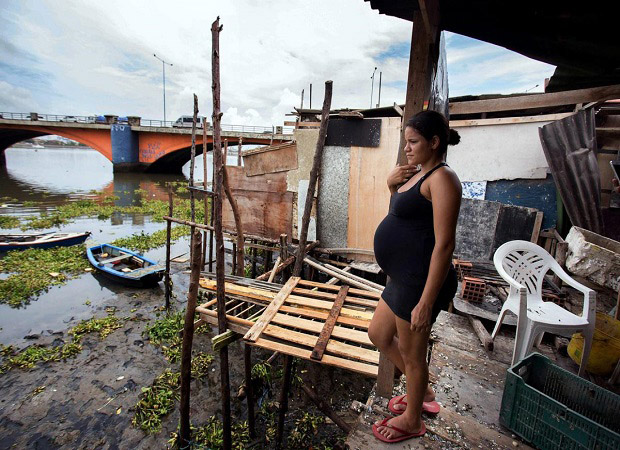IMPROVING MATERNAL AND NEONATAL HEALTH IN GUARUJA, BRAZIL

Brazil has made undoubted progress to reduce maternal mortality in the last decades, but it still needs to make significant strides to reach its Sustainable Development Goal of reducing maternal deaths to 20 deaths per 100,000 live births by 2030. Highly urbanized, Brazil has stark levels of inequality within its urban centers, and ensuring maternal and infant health of the urban poor is an ongoing challenge.
MAR is partnering with the Universidad de Campinas and with the World Health Organization (WHO) Department of Reproductive Health and Research to strengthen the quality of care during pregnancy for vulnerable women in a poor urban community in Brazil. The lack of adoption of evidence-based antenatal care (ANC) practices by health personnel is one of the key factors that leads to preventable deaths and severe morbidities for pregnant women. The Universidad de Campinas and the WHO have developed a mobile application to improve the adherence of healthcare workers to up-to-date WHO recommendations on ANC.
MAR is supporting the pilot roll out of this ANC App in poor urban neighbourhoods of the city of Guaruja, in the Baixada Santista region of São Paolo state. Baixada Santista has the worst indicators of maternal and child health in the state, and higher than the national average. The pilot, launching January 2021, will be deployed in six primary health units, a hospital and an itinerant care team for the hardest-to-reach women (Consultório na Rua – “Street Clinic”). The expected outcome is an improvement in the quality and comprehensiveness of antenatal care in the public health system for 1,200 women, with a particular emphasis on reaching very low-income women and adolescents.
This App is already being piloted in Indonesia, Rwanda and Zambia and this will be the first roll-out in a South American country.
Photo Credit: Percio Campos / EPA
